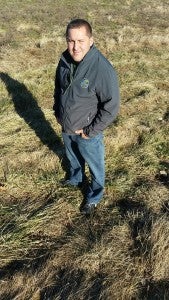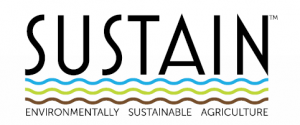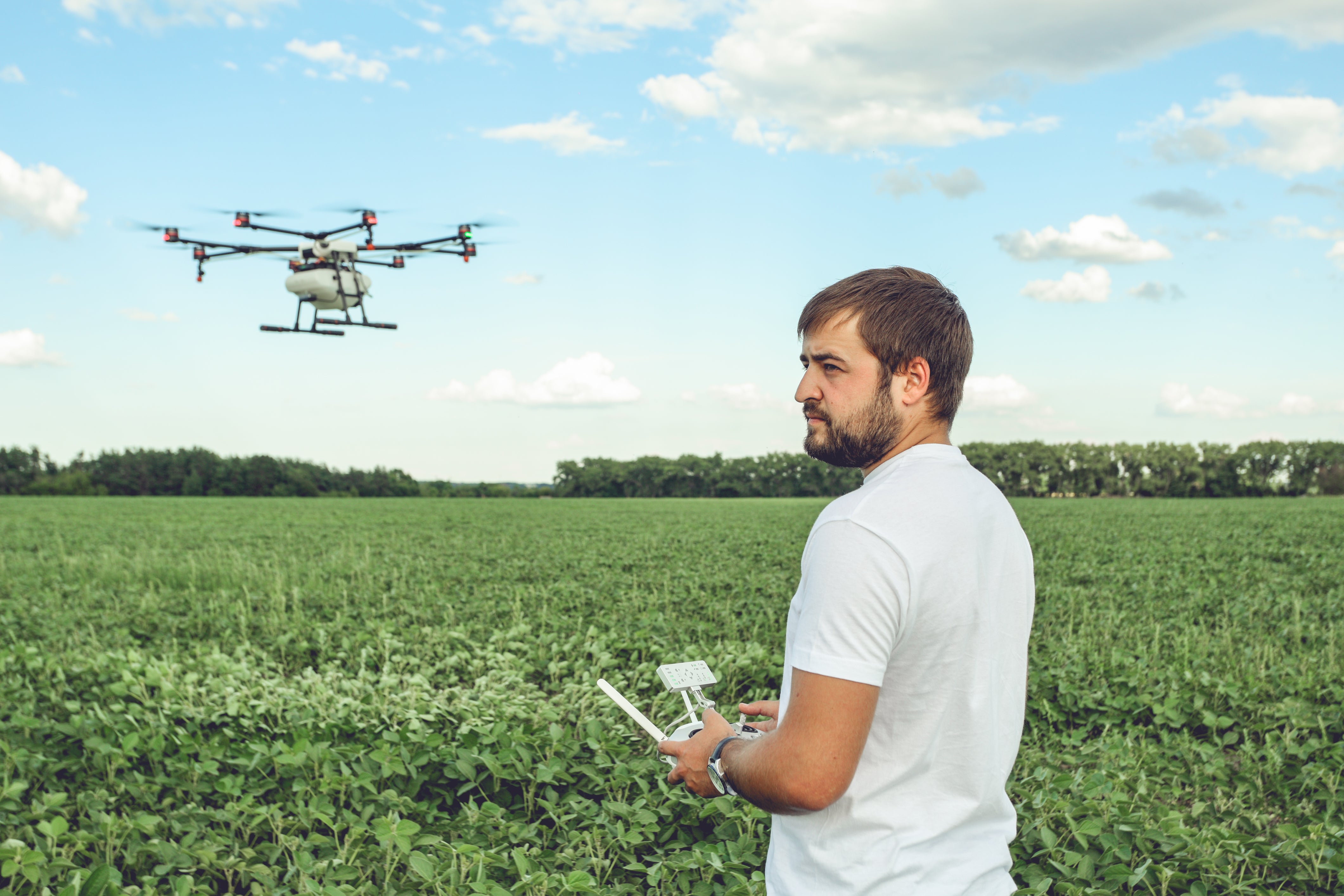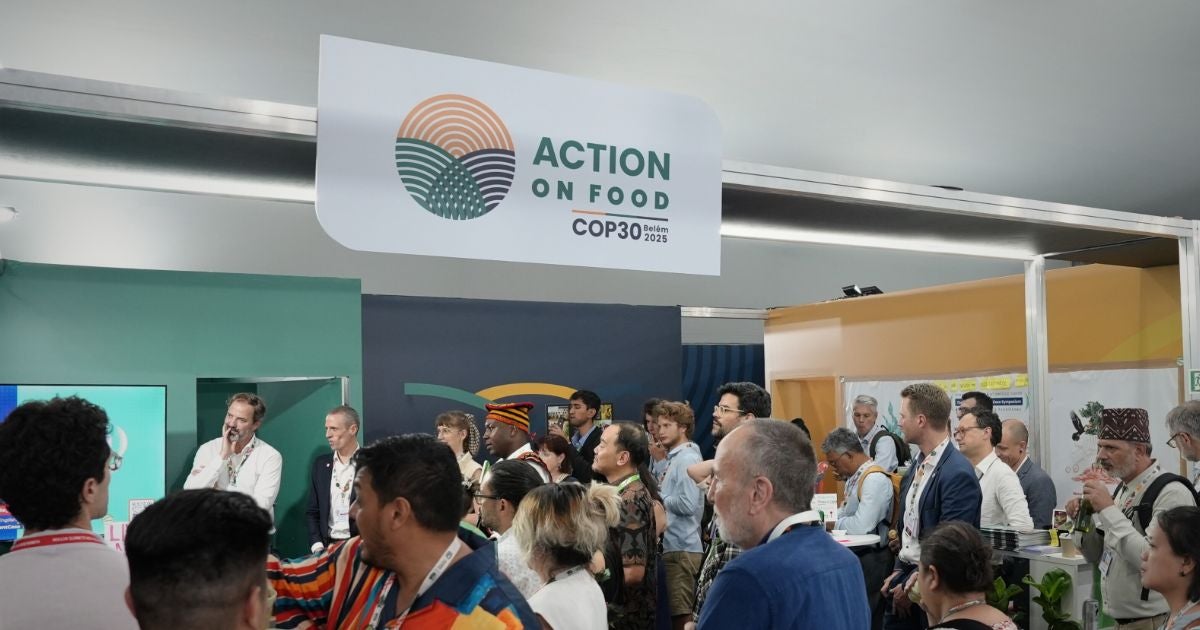How this ag retailer is helping farmers scale the sustainability mountain

Eighteen months ago, I’d never heard of United Suppliers – a cooperative of 560 locally owned and controlled agricultural retailers who operate nearly 2,500 retail locations that serve 45 million acres in the U.S. and Canada.
Now, I spend 75 percent of my work day focused on the SUSTAIN™ platform, developed by United Suppliers in coordination with Environmental Defense Fund. SUSTAIN works to train and authorize ag retailers on tools, technologies and practices for fertilizer optimization and improved soil health – without sacrificing yield.
And SUSTAIN is on fire – by the end of this year, over 200 ag retail employees will be authorized as SUSTAIN representatives, and General Mills, Campbell’s Soup, Unilever, Kellogg’s, and Smithfield Foods are all using or will use the platform in their sustainable sourcing efforts.
Part of the platform’s success is due to its unique model – it’s deployed through existing, trusted relationships that growers already have with their ag retailer. That’s why I asked SUSTAIN-authorized retailer Jake Rechkemmer, agronomy manager at Dunkerton Coop in Dunkerton, Iowa, to tell me about his SUSTAIN journey.
What’s your personal connection to agriculture?
I grew up on family farm and my father, brother and I still farm livestock, corn and soybeans. When my dad retires, my brother and I will take over. So I’ve been involved in agriculture since 1998—with the exception of a few years off selling beer.
What about your connection to sustainability?
The bottom line is I want to live my next 50 years and make sure we do the right thing for the environment.
We need to use fertilizer, which has environmental impacts. But without it we won’t grow enough food. It’s all about the balance of putting the right amount of fertilizer on crops, and also having a clean glass of water at the end of the day.
Are there barriers to your customers embracing fertilizer efficiency and soil health practices?
It’s hard to understand a problem when you can’t see it, and fertilizer runoff isn’t something growers can see.
In many cases there’s also reluctance to change, and a fear of the unknown. Sometimes, we have to try four or five practices before we find what two things are really going to work.
One of my favorite quotes is saying that the guy who is on the top of the mountain did not land there – he had to climb up there. In other words, it will take time and hard work in order to make fertilizer efficiency and soil health the norm.
Why did the SUSTAIN platform appeal to you?
I’m always looking for the next big thing to bring to my customers – and I found that SUSTAIN, and the expertise it offers, was a way to differentiate our operation from competitors.
The SUSTAIN training was also different – it had a refreshing approach on agronomic and environmental information instead of on marketing a product. I also loved that there were a lot of young people at the training – they were so engaged and energized to bring what they learned back to their grower customers.
 What has been the reaction from your grower customers?
What has been the reaction from your grower customers?
I will tell you that every one of our customers knows that we’re involved in SUSTAIN. Even customers who come in for fuel or lawn care products are now asking and wanting to learn more about SUSTAIN.
From a business perspective, we have to make sure that we are not wasting growers’ money – if you waste their money, it’s the last time that you’ll do business with them. The great thing about SUSTAIN is that it offers the potential for cost savings – without affecting yields.
I really want my customers to know that I believe in the potential of this platform – that’s why we’re really passionate about SUSTAIN.
Related links
Strong market signal for sustainable grain












